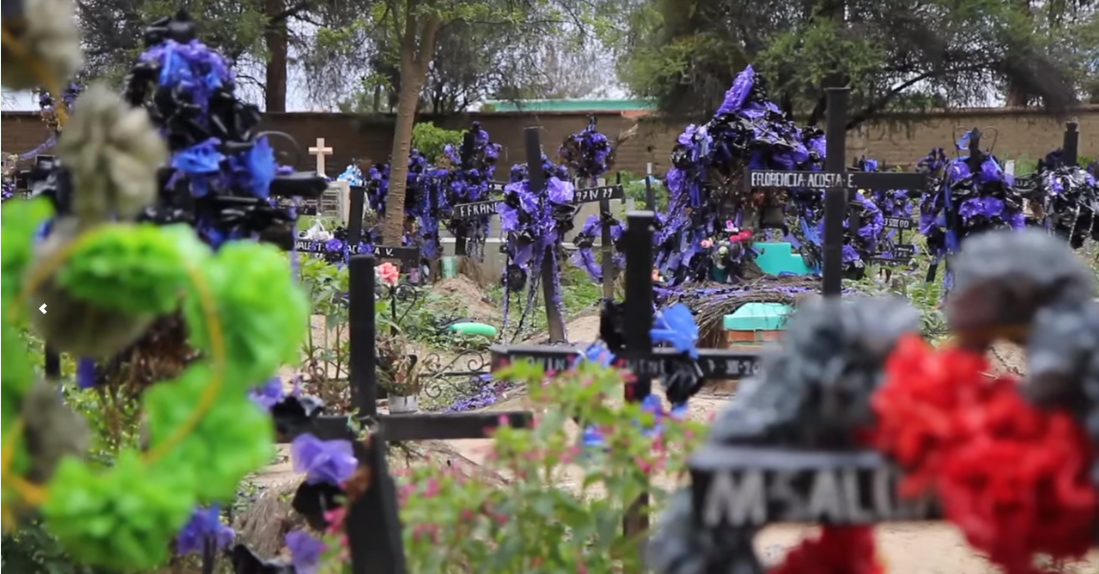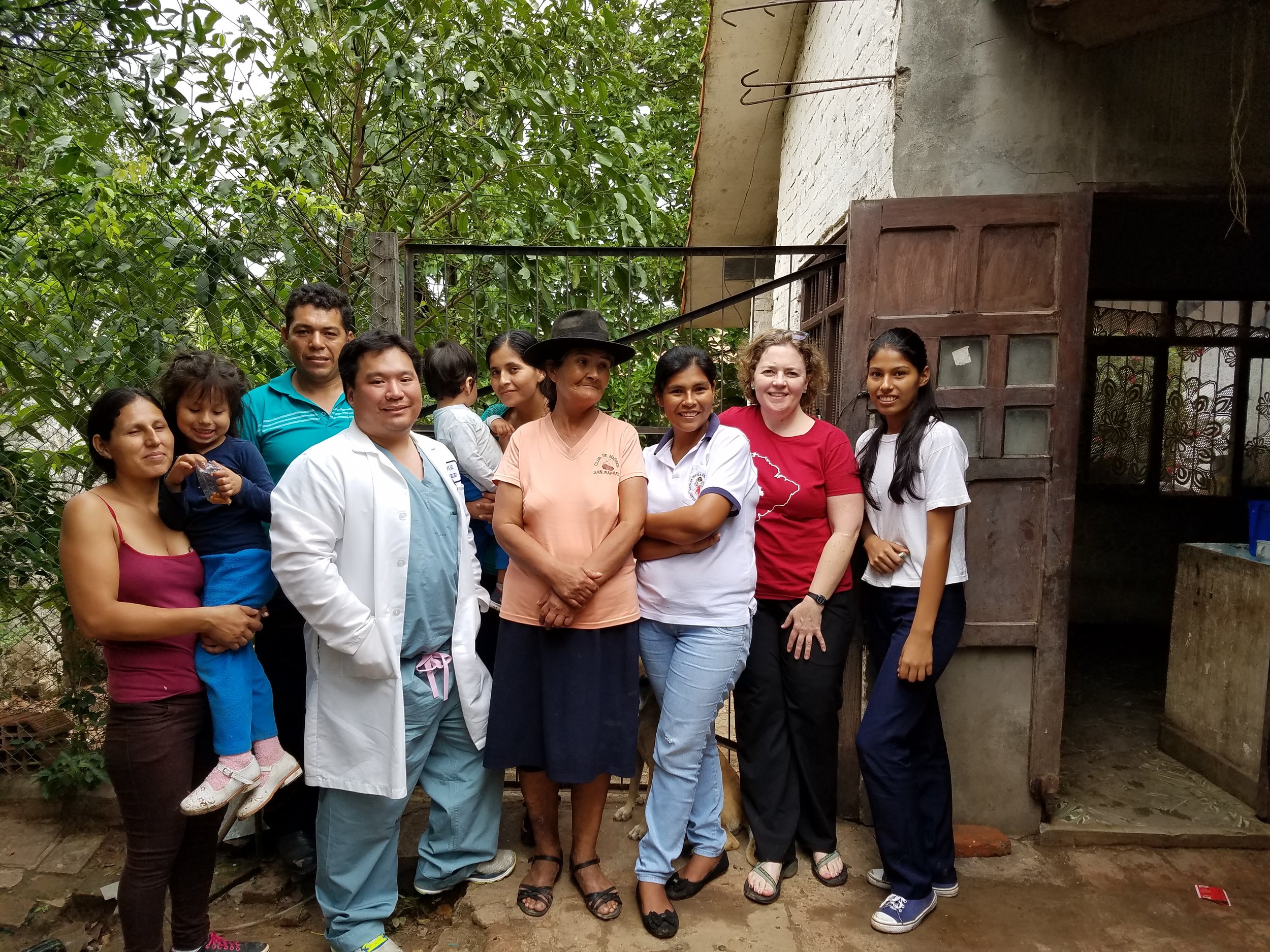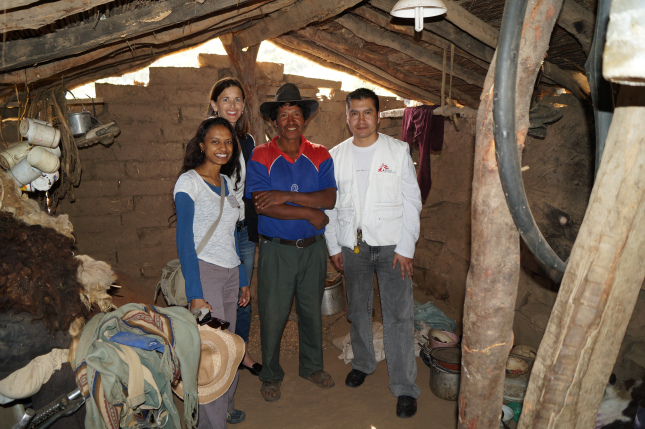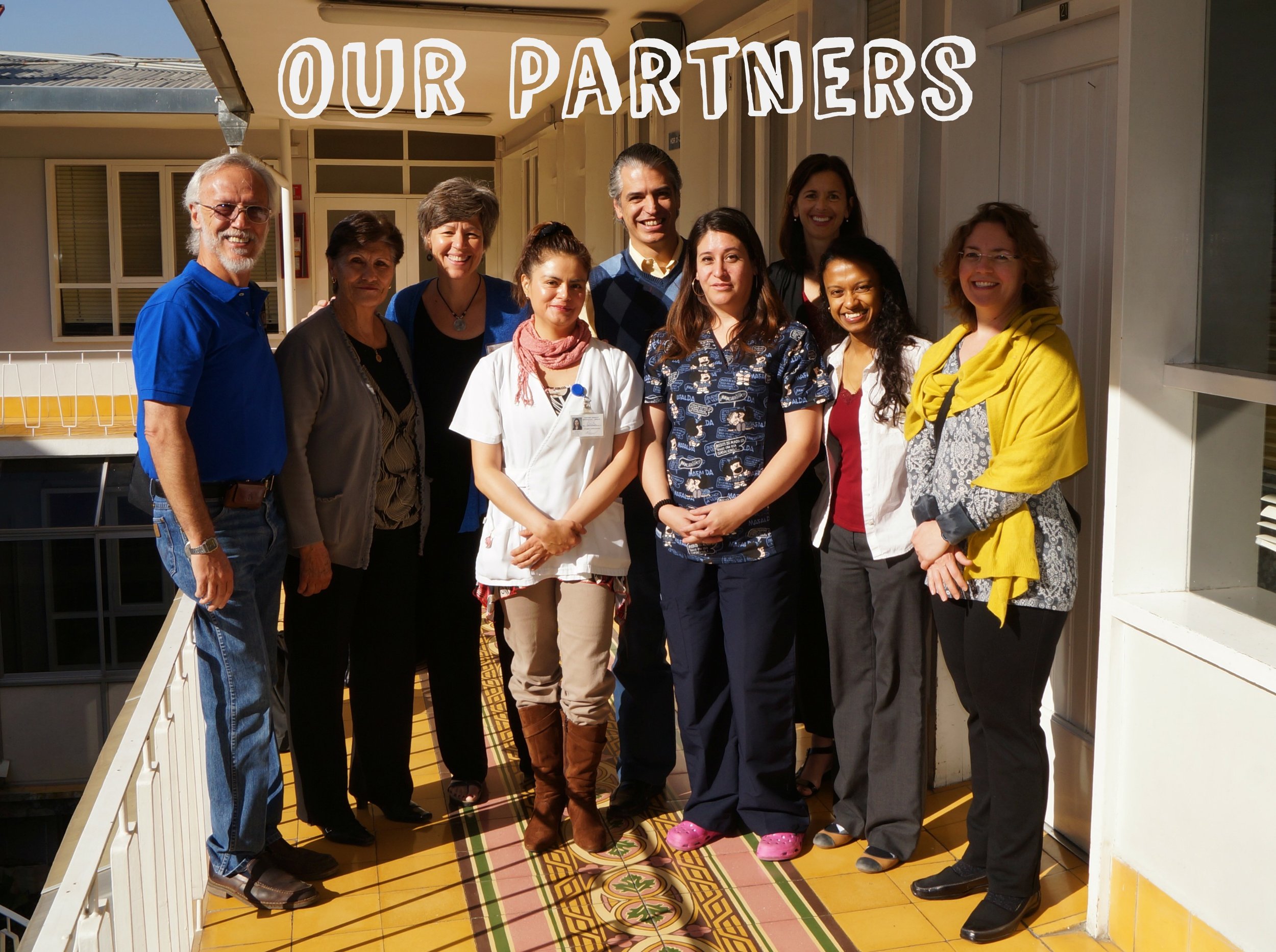Then & Now: Pacemaker Program
In honor of our 20th Anniversary, we are taking a look back at how some of our programs started, and where they are today. This month, we reflect on our Pacemaker Program.
“We need pacemakers.” This was the straightforward plea - made during a Day of the Dead celebration in a Bolivian cemetery - that began it all. “We need pacemakers, please help us.”
It was 20 years ago that Juan Lorenzo Hinojosa, founder of Solidarity Bridge, heard this request, and saw the human need behind it. In 1999, on the first trip of the group that would eventually become Solidarity Bridge, Juan Lorenzo and his fellow missioners began to cultivate a response.
That first mission team brought 44 pacemakers to Bolivia for people whose hearts had been damaged by Chagas disease but who were unable to afford the costly devices. Over the ensuing twenty years, Solidarity Bridge has channeled the donation of more than 2,500 pacemakers and accompanying leads from corporations including Medtronic, Boston Scientific, St.Jude/Abbott, and Biotronik, restoring the lives and livelihoods of an equal number of individuals and their families.
One such family is that of Ponciano Coria. Like many of our patients, Ponciano had lived with Chagas for years. Over time, this catastrophic disease caused his heart to swell and slow. By age 46, Ponicano, who supported his wife and young children, was unable to continue to work. As a truck driver earning roughly $5 a day, the cost of a pacemaker, leads and surgery was far out of reach. The situation appeared hopeless until the family learned of our Pacemaker Program. In 2007, Ponciano received the surgery he needed to restore his health, allowing him to work, care for his family, and contribute to his community.
Over the years, our commitment to providing pacemakers has evolved from being part of one annual mission trip to the ongoing, comprehensive program that exists today. Our year-round Pacemaker Program is now managed and sustained by our partner organization in Bolivia, Puente de Solidaridad. Puente de Solidaridad social workers screen patients for eligibility for support and provide education on follow-up care to ensure their implant is successful. Implants are performed by Bolivian partner cardiologists in various partner public and private clinics and hospitals in Cochabamba and Santa Cruz. Our program also commits to providing permanent follow-up care for implant recipients. Puente de Solidaridad social workers stay in touch with patients after surgery to ensure that they are receiving the continuing care and monitoring that is essential for patients with pacemakers. They even help patients set up savings plans to ensure that future replacement devices will be accessible when needed.
There is high demand for participation in our Pacemaker Program. Jodi Grahl, Director of the program, explains: “We’ve built a solid reputation of providing high quality devices and integrated care for our patients, before, during and after implantation.” Due to this high demand, there is currently a waiting list for available pacemakers. The need for pacemakers will continue, as will the necessity for the medical expertise to implant them and the ever advancing technology to service and replace aged devices.
The overall fight against Chagas in Bolivia has also transformed over these past two decades. In 2010, the government introduced the Chagas Platform to coordinate care for adults with Chagas Disease and expand research on treatments for the many varied symptoms. While there has been progress in education, detection, and preventative medication, complete eradication of the vector that spreads Chagas, known in Bolivia as the vinchuca or “kissing bug,” is hard to accomplish. In 2011-2014, Solidarity Bridge collaborated with the Nobel Prize winning organization, Doctors Without Borders (MSF/ Medecins sans frontieres), whose work focused on vector eradication in the country’s most remote regions. We continue to work with Bolivian and international experts to explore varied approaches to treatment and management of Chagasic cardiomyopathy.
Solidarity Bridge remains committed to providing pacemakers and lifetime care to the men, women, and children of Bolivia who suffer the heart-damaging effects of Chagas disease. The impact of our pacemaker work is profound. Not only is an individual’s life renewed, but every member of the patient’s family is improved by the restoration to health of a mother, father, son, or daughter. We are humbled and inspired by reactions like that of Norma Tito, a 29 year old mother of two and pacemaker recipient. Upon seeing our team during a follow-up visit, she exclaimed, “Gracias por darme vida (Thank you for giving me life)”.
What a wonderful journey it has been from that day in a cemetery 20 years ago! Gracias to our founder Juan Lorenzo Hinojosa and to all those who have responded so generously to that simple plea for help.
At Solidarity Bridge we envision a just, compassionate, and interdependent world, where the health needs of those most vulnerable are prioritized and medical professionals have the necessary resources to serve their communities. But we need your help to make this vision a reality! Can you do one of the following:
Share this blog post with someone new to help us extend this bridge of solidarity.
Become a monthly donor and help us increase access to safe surgery year-round.







